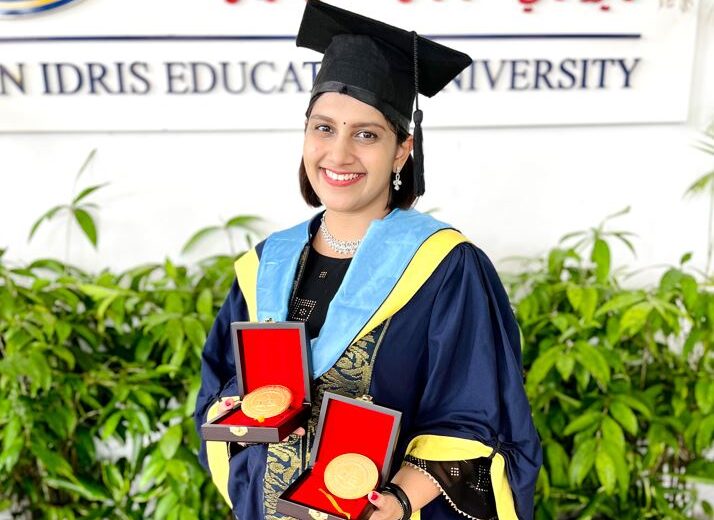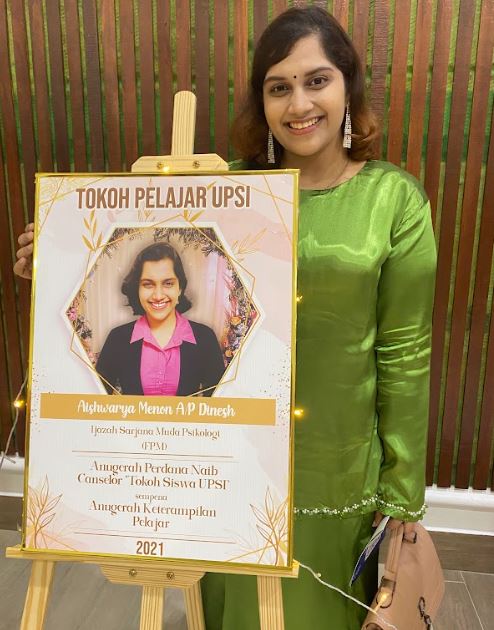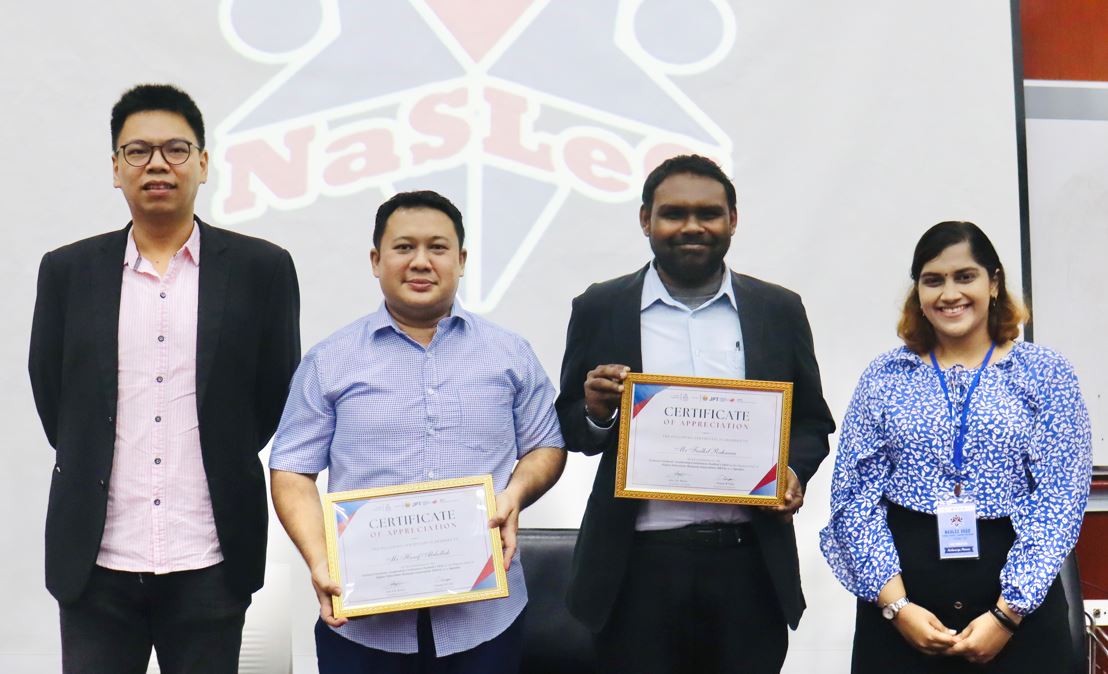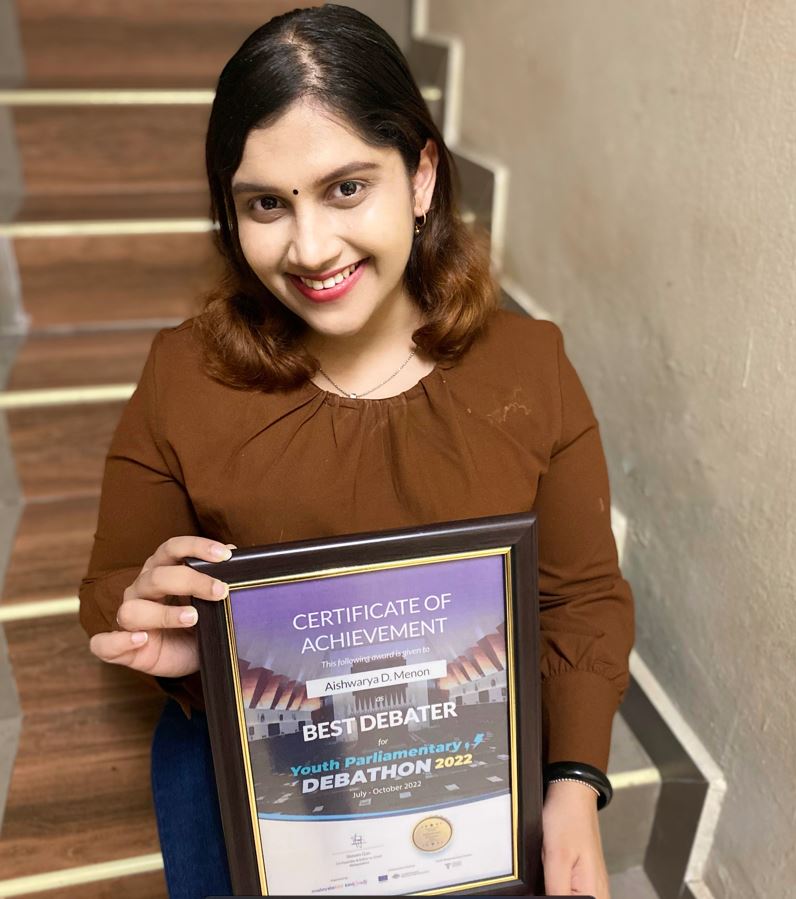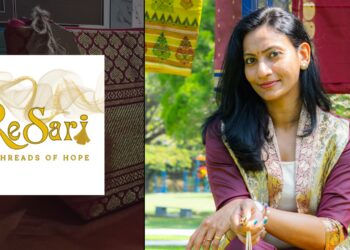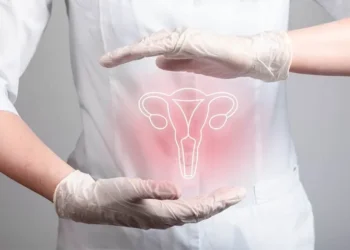Aishwarya Menon has just graduated with a BSc. Psychology (Hons.) degree at the 25th Convocation Ceremony of Universiti Pendidikan Sultan Idris, with the Pingat Emas Canselor and Pingat Emas Naib Canselor being bestowed upon her for her remarkable work and contributions as a brilliant and socially conscious student. This award is also extremely notable, as she is the first Malaysian Indian and undergraduate, ever in history to have received these prestigious and immensely honourable accolades. This ambitious young woman chronicles her amazingly inspiring journey with us, as she states the love, support, and adoration of her family as foundational pillars that aided her in reaching these mountains of success. Her arduous journey through rising from the struggles of coming from a B40 category, through her unrelenting ambitious stride to networking and sharpening her skills, stands as a powerful and exemplary emblem that students all over the nation should follow behind.
Q: Please share a little about your family and how they have supported you throughout your life.
Aishwarya: My father is a retail supervisor, and my mother is a homemaker. My sister is currently pursuing her final year of undergraduate study at the Universiti Putra Malaysia (UPM). My parents have always taught me since I was young that if I were to chase something with so much passion, I should go for a quality education, as it is the ticket to access everything else and sustain it in life.
As most of my undergraduate years were during the MCO, it ultimately meant I’m frequently in need of a solitary space to support my hectic schedule full of classes, projects, extracurricular activities, and community projects; thus, my day often started early in the morning and ended late into the night. My parents were willing to relocate the only personal space they had at home to allow me to set up my own study space that could be flexibly used according to my schedule. My mother will frequently stay up late to remind me to take a tea break, and my father, whenever I feel heavy to see him working overtime at odd hours to make ends meet, never fails to put up a smile and give me pep talks, telling me I am on the road to change the narrative of my family, and he is proud of what he does to provide for me. My sister, amidst her own responsibilities, has always lent me a helping hand for my video assignments and will happily look after the house chores with my mother to allow me to utilise the most of my schedule without interruption. It’s my mother’s hope, my father’s resilience, and my sister’s compassion that ultimately led me to reach these heights.
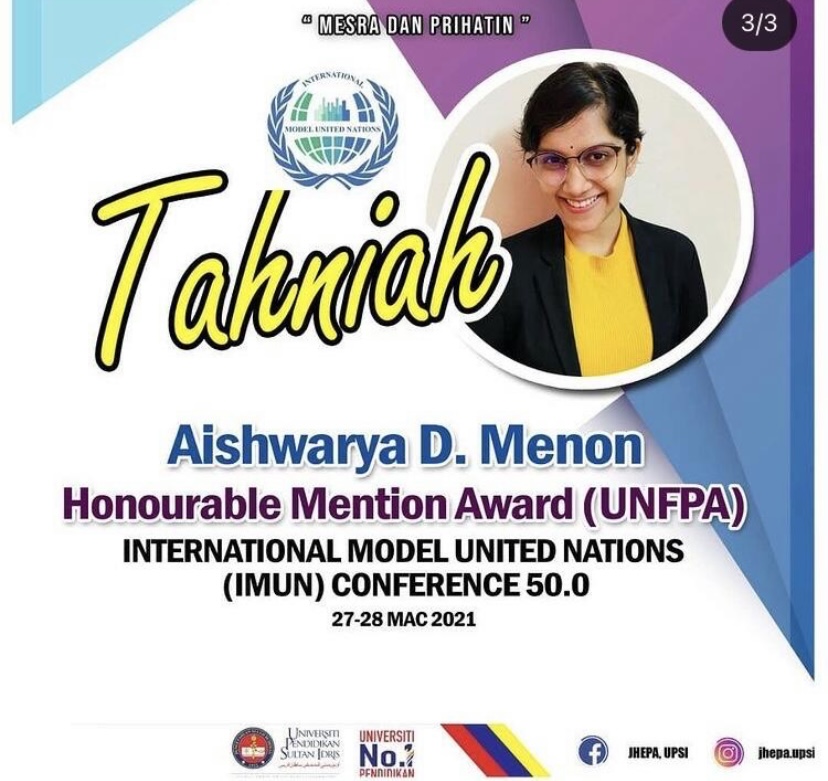
Q: What are some of the struggles you went through to attain higher education, and why did you choose to study psychology?
Aishwarya: Socio-economic challenges were a massive hurdle in my life. I hail from a B40-listed family who lived a very frugal life to fend off the financial setbacks that engulfed us. My parents were very particular with how each penny was spent, making sure we invested enough in a sufficient supply of good food, being healthy, and sustaining basic expenditures at work and school. This ultimately meant we were limited when it came to enrichment classes and hobbies, vacations, even gatherings or festive celebrations. Getting our personal electronic devices, such as laptops, printers, and phones, often comes with months, sometimes years, of budgeting, and I often relied on cyber cafes and printing stores to make it. These definitely resulted in much social ostracization, which was exacerbated by the stigma and being on the shorter end of favouritism as an ambitious Indian woman. Getting a part-time job, an up-skilling opportunity, or financial support was much harder for us. And it means I have to put in double the effort of someone more affluent or someone with a different racial background to make opportunities for myself. I was always interested in life sciences, particularly pharmacy; however, it was one that I could not pursue when I wasn’t offered the opportunity to pursue a pre-university course in life sciences at public universities after SPM, despite finishing with 9As. Psychology was my strength, as I was always curious about listening to and understanding the complexities of the people who were misunderstood like I was, and devising strategies to upskill teenagers and adults, even those who grew up underprivileged, is something I passionately do, and this course has given me the right tools for it.
Q: What did you do in order to achieve Pingat Emas Canselor and Pingat Emas Naib Canselor? Please share your extracurricular and academic activities and achievements.
Aishwarya: I started by volunteering to become the batch representative for my course. While I was told that it can cause me to be responsible for maintaining the order of the entire batch or even have to frequently assist lecturers with their projects, I saw it as an opportunity to get closer to my educators, as I believed their field expertise and life experiences can open new windows and perspectives in life for me, and it tremendously boosted my visibility in the faculty, where they leveraged on my public speaking skills to have me moderate forums with industry leaders and experts, which ultimately boosted my extra-curricular involvement. I held conversations with my seniors to team up with them for debate tournaments, which ultimately led me to our English Debate Club, which I soon helmed as its president. With the support of my club advisors, I directed my team to leverage the boom in online conferencing to execute over 10 projects, many of which are communication up-skilling projects for youths on the national level, amidst the COVID-19 pandemic, which gained traction for the club and the university, and also helped many members of my team to helm prestigious positions in student bodies in their respective fields.
This communal progress, along with joining in international projects such as being the runner-up best speaker for an International Model United Nations Conference, being the Campus Lead Sponsorship Officer, and winning the Best Debater title for MalaysiaKini’s Youth Parliamentary Debathon, has led me to be awarded as the Vice Chancellor’s Prime Student Icon of the Year in 2021 and ultimately represent my institution for the year’s Anugerah Tokoh Siswa (ATS) and Anugerah Perdana Belia Negara (APBN) by the Ministry of Youth and Sports (KBS). I also maintained my CGPA at 3.96, and combinedly, it led me to graduate with Pingat Emas Canselor and Pingat Emas Naib Canselor.
Q: What has been your motivation to achieve this success?
Aishwarya: My parents. Their diligence, commitment, and hope, as well as their openness and wisdom they shared in making sure I’m on the right track, gave me a live-in understanding of why it is important to have a mentor we can look up to. Since a young age, I aim to go to a place where I can turn around and look at many other budding minds with much hope and ambition and tell them using my experience on how to reach the heights. It has been the fuel that is firing my public speeches, my leadership drive, and my incessant chase to learn as much as I can, until I reach a place where I can touch the lives of people and be the mentor that helps them bloom.
Q: What are your plans for the future?
Aishwarya: I’m currently employed as a junior digital marketer in a multinational pharmaceutical firm, and I plan to be there for a few years to understand the trends and touchpoints of adult learning, which will ultimately help me determine my niche as I further my studies soon. Be it as a coach, an educator, or in a corporation, my ultimate focus is to devise strategies for helping people to break beyond the gates around them and explore education in fields and techniques that are attuned to their natural strengths and calling and help them bloom in life.
All Images Provided By Aishwarya Menon
Follow us on Instagram, Facebook or Telegram for more updates and breaking news.


